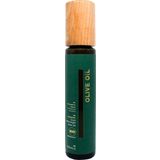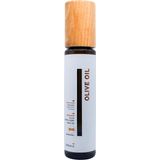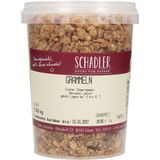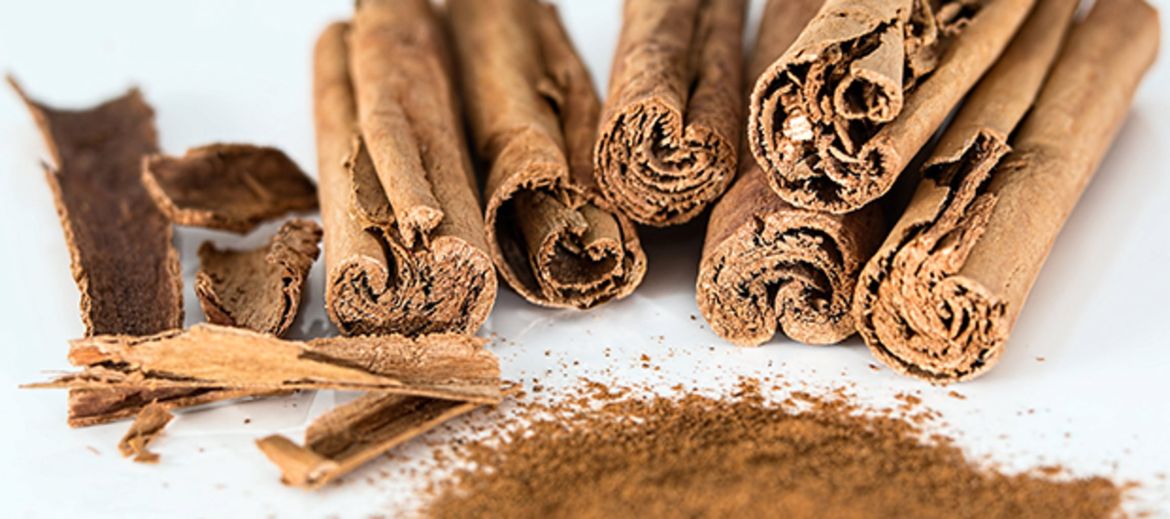Anti-Inflammatory Spices
There are many spices that inhibit inflammation in the body. Here is a closer look!
Some of us already know that turmeric has anti-inflammatory properties. Turmeric is not the only spice that has anti-inflammatory effects though!
Genes and lifestyle
Genes play an important role in our body's tendency to become inflamed or not. However, what is often overlooked is your own lifestyle and personal eating habits. Changing your diet can have a big impact.
The root
Incredibly many diseases like eczema, allergies, diabetes and obesity are triggered by inflammation. Inflammation isn't bad per say, as the body needs it to fight off infections and diseases. Chronic, unwanted inflammation can make us sick though.
Unfortunately, the modern Western lifestyle and dietary habits can contribute significantly to a physical environment in which inflammation could occur more frequently.
Fortunately, nature has given us some potent, anti-inflammatory ingredients that also taste delicious. In addition to the turmeric, these are:
Cinnamon
Cinnamon is not only delicious in Christmas cookies and biscuits, it also blocks the activity of various pro-inflammatory molecules. It should be noted that there are two types of cinnamon: the more widely distributed cassia cinnamon and the rarer Ceylon cinnamon. Cassia cinnamon contains large amounts of coumarin, a substance that causes liver toxicity. Ceylon cinnamon costs more, but is milder and contains coumarin in negligible quantities. It pays off to choose Ceylon cinnamon.
Cayenne pepper
Cayenne pepper refers to ground chillies. The substance that makes chillies so extremely spicy is called capsaicin. This seems to reduce inflammation. Interestingly, it does that by altering the composition of intestinal bacteria. In addition, people who often consume cayenne pepper have a lower mortality rate, which in turn could be related to the anti-inflammatory properties of capsaicin.
Black pepper
Good old pepper - one of the absolute classics! Black pepper contains piperine, which is responsible for the spicy taste and has some anti-inflammatory properties. It inhibits the central inflammatory regulator. At the same time, piperine impacts the digestive tract and has anti-inflammatory effects in irritable bowel syndrome. In addition, piperine increases the effect of turmeric.
Nutmeg
Nutmeg fights inflammation by blocking the synthesis of nitric oxide in the body. At the moment, however, there are still contradictory study results on this effect, which is why more research is needed. It should be noted that nutmeg must not be consumed in large quantities as it can cause hallucinations and can be toxic. So be careful when handling nutmeg and do not eat too much.
Sumac
This sour but delicious spice is often used in Asian cuisine. It has multiple anti-inflammatory properties and blocks proinflammatory molecules. In addition, it contains many antioxidants that rid the body of free radicals that arise during various cellular processes. Free radicals have often been associated with chronic inflammation.
Latest reviews
-
 1.0 (1)
1.0 (1)Greenomic Organic Green Extra Virgin Olive Oil, 250 ml
- Unfiltered
- Mild taste
- Made from 100% Patrinia olives
€ 14,99 (€ 59,96 / l)Delivery by February 03
-
 1.0 (1)
1.0 (1)Greenomic Organic White Extra Virgin Olive Oil, 250 ml
- Medium fruity
- Made from Koroneiki olives
- Hand-picked & unfiltered
€ 14,99 (€ 59,96 / l)Delivery by February 03
-
 € 7,99 (€ 39,95 / kg)
€ 7,99 (€ 39,95 / kg)Delivery by February 03
-
 3.6 (8)
3.6 (8)Schadler "Verhackert" Bacon Spread, 220 g
- Styrian quality
- Perfect as a spread
- Made with high-quality pork
€ 4,59 (€ 20,86 / kg)Delivery by February 03
Magazine Articles:
Discover Piccantino :
-
Austria: Free standard delivery from € 54,90
-
Free
returns -
24-hour shipping
More than 12.650 products

